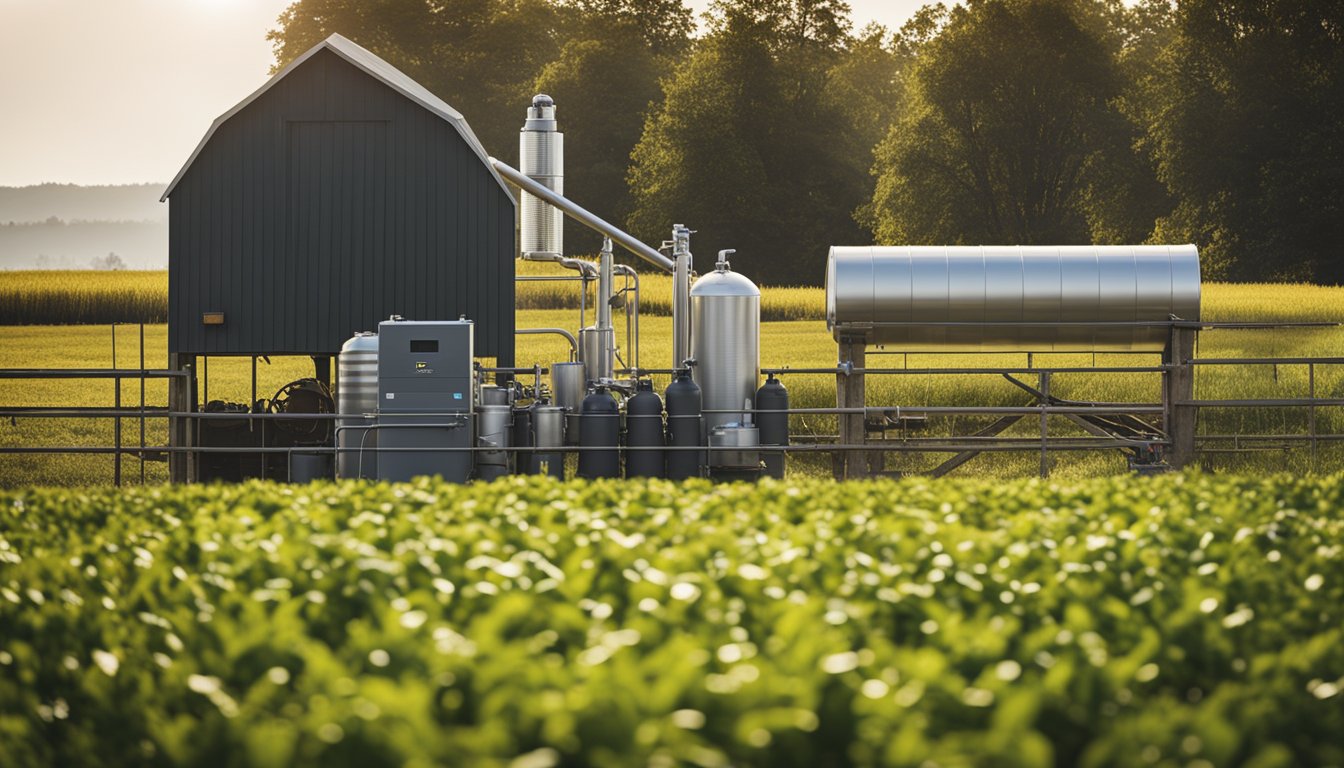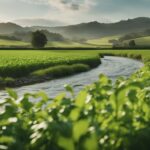5 Reasons You Need Water Filtration on Your Farm
Boost Your Crop Health and Livestock Wellbeing
Water is a key part of any farm. It helps plants grow and keeps animals healthy. But not all water is the same. Some water can have things in it that aren’t good for your crops or animals.
That’s where water filtration comes in. Water filtration can help farmers improve growing conditions, stop disease, and get more crops. It’s a smart way to make sure your farm has clean, safe water. Let’s look at five reasons why you might want to think about adding water filtration to your farm.
1) Improved Crop Health
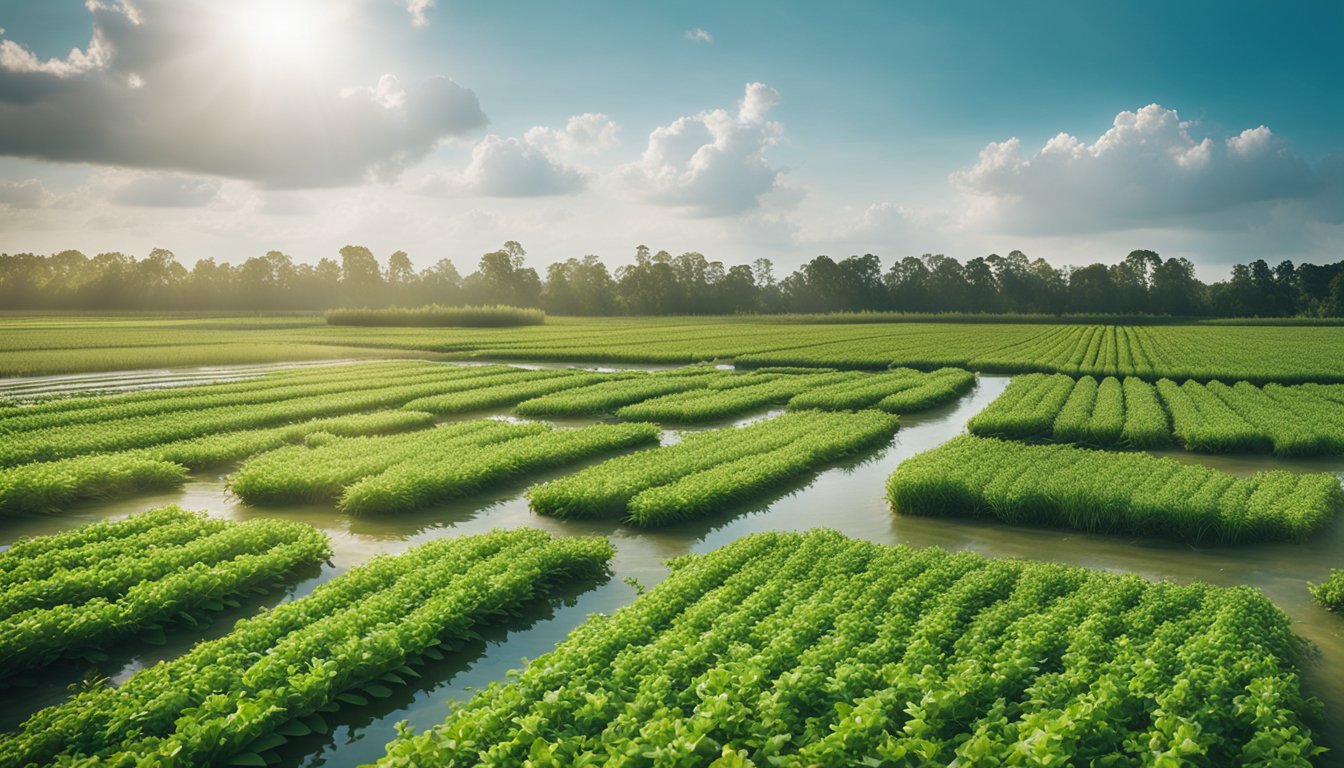
Water filtration can make a big difference for your crops. Clean water helps plants grow better and stay healthier. When you filter out harmful stuff, your crops get only the good things they need.
Filtered water can boost your crop yield. Plants that get clean water often grow bigger and produce more. This means more food from the same amount of land.
Did you know that filtered water can help prevent plant diseases? Many plant illnesses spread through dirty water. By cleaning your water, you’re protecting your crops from these threats.
Your soil benefits too. Clean water doesn’t add extra salts or chemicals to the ground. This keeps your soil in good shape for growing year after year.
Filtering water can also balance its pH. Most crops like soil with a pH between 5.5 and 7. Water filtration helps manage pH, which can make your plants happier and healthier.
2) Reduced Contaminants in Produce
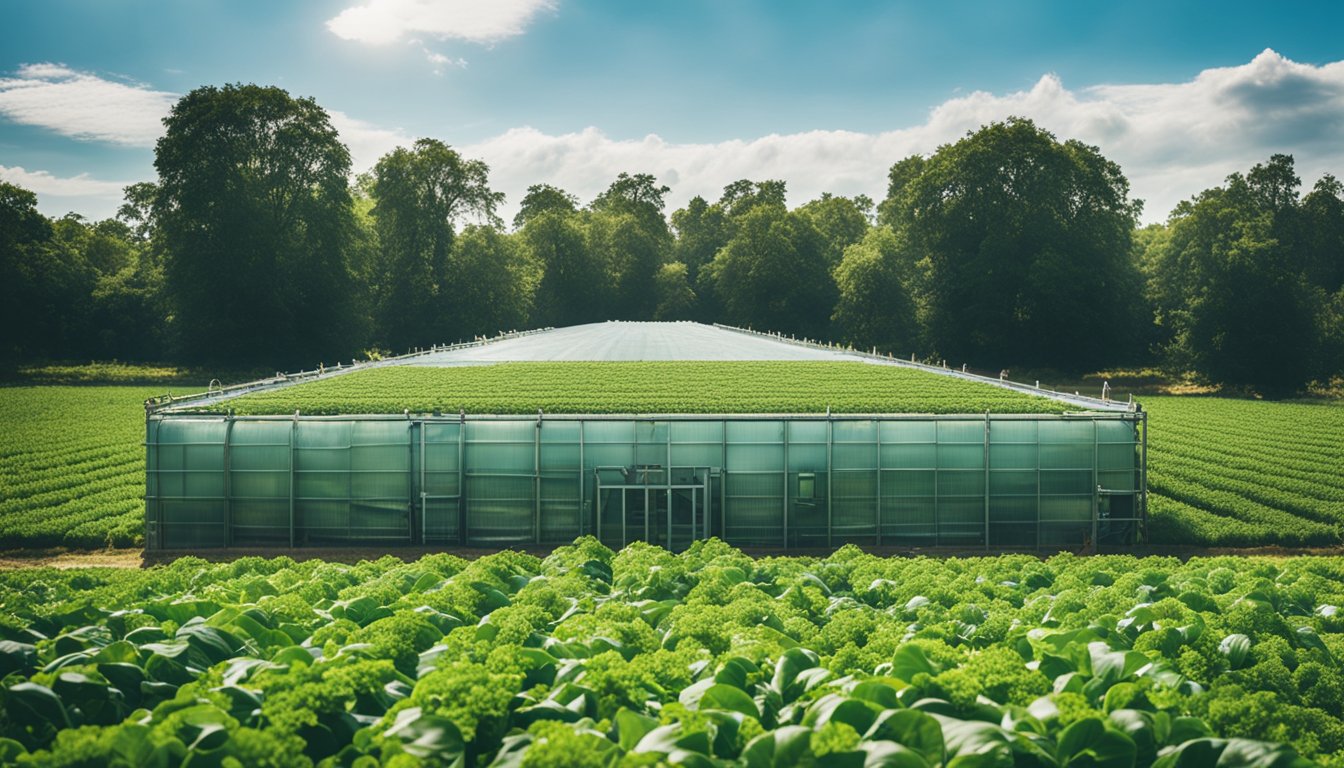
Filtering your farm’s water can help keep your produce cleaner and safer. When you use filtered water for irrigation, you lower the risk of harmful substances getting into your fruits and veggies.
Clean water means fewer chances of bacteria, parasites, or chemicals ending up on your crops. This is great news for you and the people who eat your produce.
Filtration removes contaminants that could make plants sick or cause problems for consumers. It gets rid of things like disease-causing germs and unwanted chemicals.
By using filtered water, you can grow healthier plants that are less likely to have harmful stuff on them. This can lead to better-looking and safer produce for your customers.
Clean water also helps your plants grow better. When they don’t have to deal with pollutants, they can focus on getting big and strong. This means you might end up with a better harvest.
Remember, the quality of your water affects the quality of your crops. Filtering your farm’s water is a simple step that can make a big difference in the safety and quality of your produce.
3) Extended Equipment Lifespan
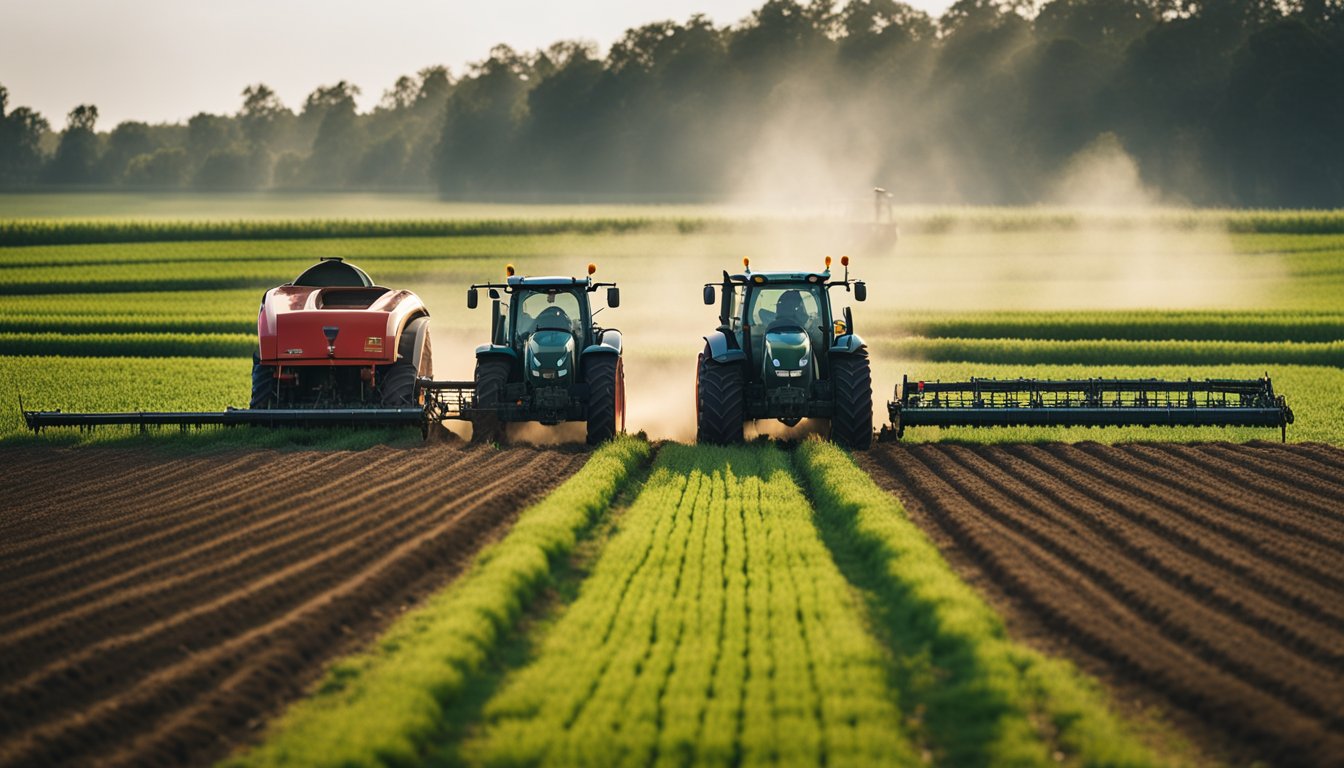
Water filtration can greatly extend the life of your farm equipment. Clean water is key to keeping your irrigation systems running smoothly for years to come.
Unfiltered water often contains dirt, sand, and other particles. These can build up in your pipes and sprinklers over time. This buildup can cause clogs and damage to your equipment.
With a good filtration system, you’ll see less wear and tear on your irrigation parts. Filters remove contaminants that could otherwise harm your equipment. This means fewer repairs and replacements for you.
You’ll also notice improved performance from well-maintained equipment. When your irrigation system runs efficiently, it uses less energy. This can lead to cost savings on your energy bills.
Regular maintenance of your filtration system is important too. By taking care of your filters, you’re taking care of all the equipment connected to them. This proactive approach can save you money in the long run.
Think of water filtration as an investment in your farm’s future. It’s a simple step that can have a big impact on how long your equipment lasts. With cleaner water flowing through your systems, you’re setting yourself up for success.
4) Better Livestock Hydration
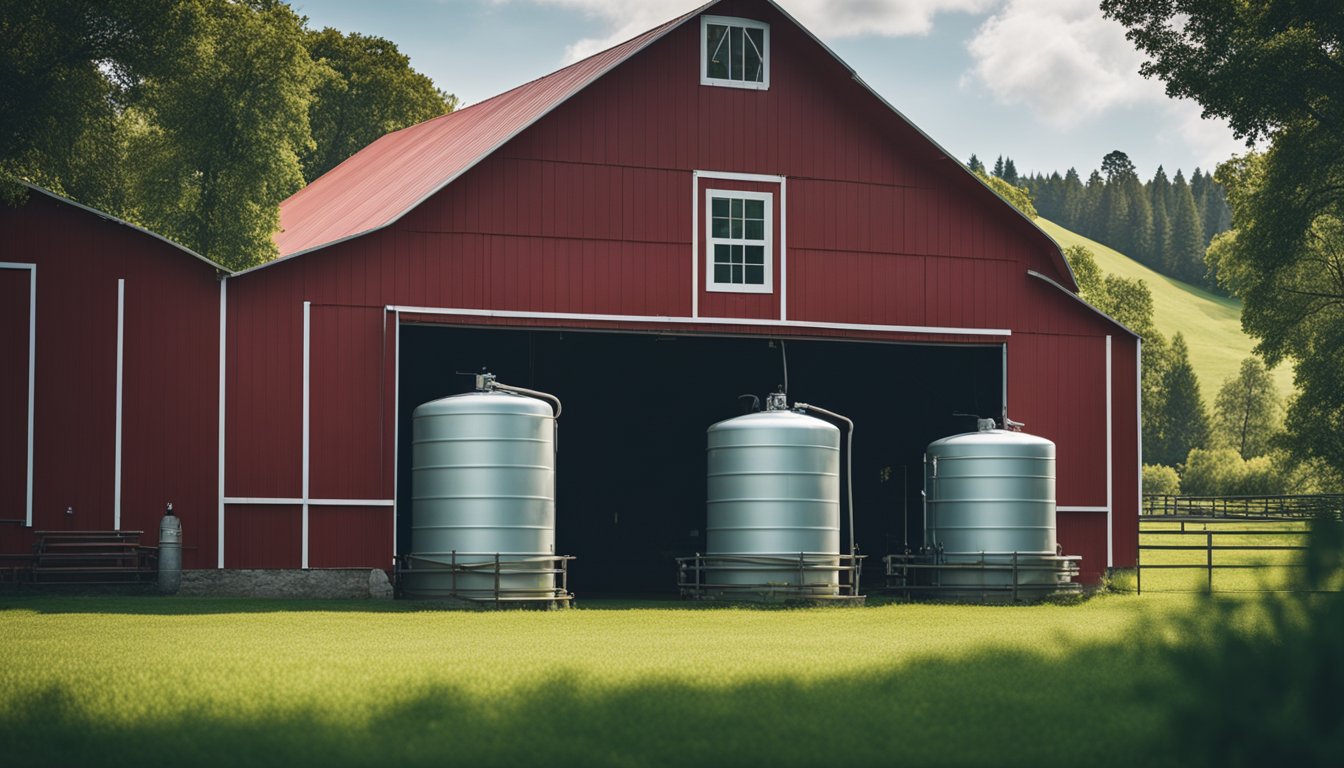
Clean water is key for your farm animals’ health. Filtered water helps livestock stay properly hydrated. This leads to better overall health and increased productivity.
Animals drink more when their water tastes good. Filtered water encourages livestock to drink more, keeping them well-hydrated. This is especially important during hot weather or when animals are producing milk.
Proper hydration aids digestion and nutrient absorption in your animals. It also helps maintain their body temperature. Well-hydrated livestock are often healthier and less prone to heat stress.
Clean water can boost your animals’ immune systems. This means they’re better equipped to fight off diseases and infections. As a result, you might see lower vet bills and fewer health issues in your herd.
Filtered water removes harmful contaminants that can affect animal health. Things like bacteria, parasites, and excess minerals can be filtered out. This leads to safer, more appealing water for your livestock.
Remember, hydrated animals are happy animals. By providing clean, filtered water, you’re setting your farm up for success. Your livestock will thank you with improved health and productivity.
5) Enhanced Soil Quality
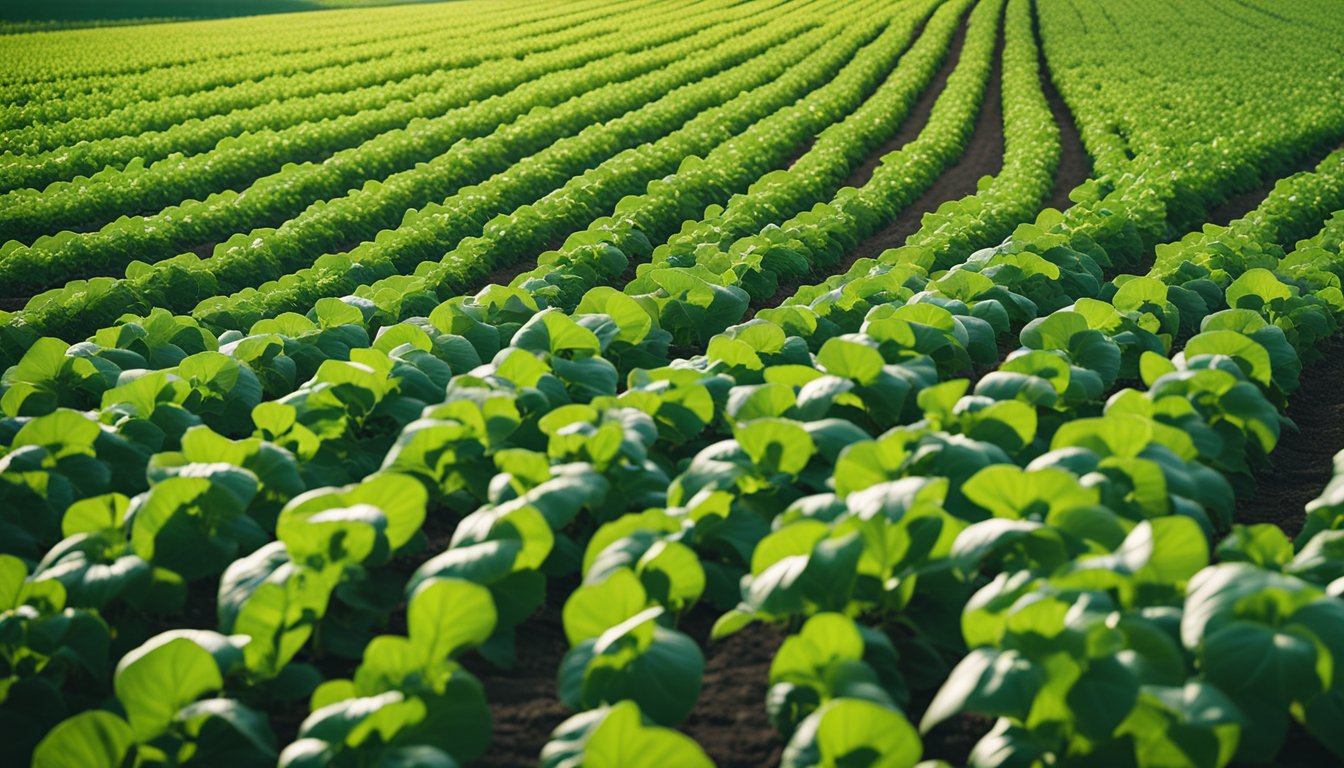
Water filtration can do wonders for your farm’s soil quality. Clean water helps keep your soil healthy and productive. When you use filtered water for irrigation, you’re giving your crops the best possible start.
Filtered water removes harmful chemicals and particles. These can build up in your soil over time. By using clean water, you prevent this buildup. Your soil stays in better shape for longer.
Good soil structure is key for healthy plants. Filtered water helps maintain this structure. It doesn’t add extra salts or minerals that can mess with your soil balance.
Plants absorb nutrients better in clean soil. With filtered water, you’re creating an ideal environment for nutrient uptake. This means your crops can grow stronger and produce more.
Healthy soil also drains better. When you use filtered water, you’re less likely to have water-logging issues. Your plants’ roots can breathe easier and spread out more.
Remember, healthy soil means healthy crops. By using water filtration, you’re investing in the long-term health of your farm. It’s a simple step that can make a big difference in your yields and crop quality.
Understanding Water Quality On Farms
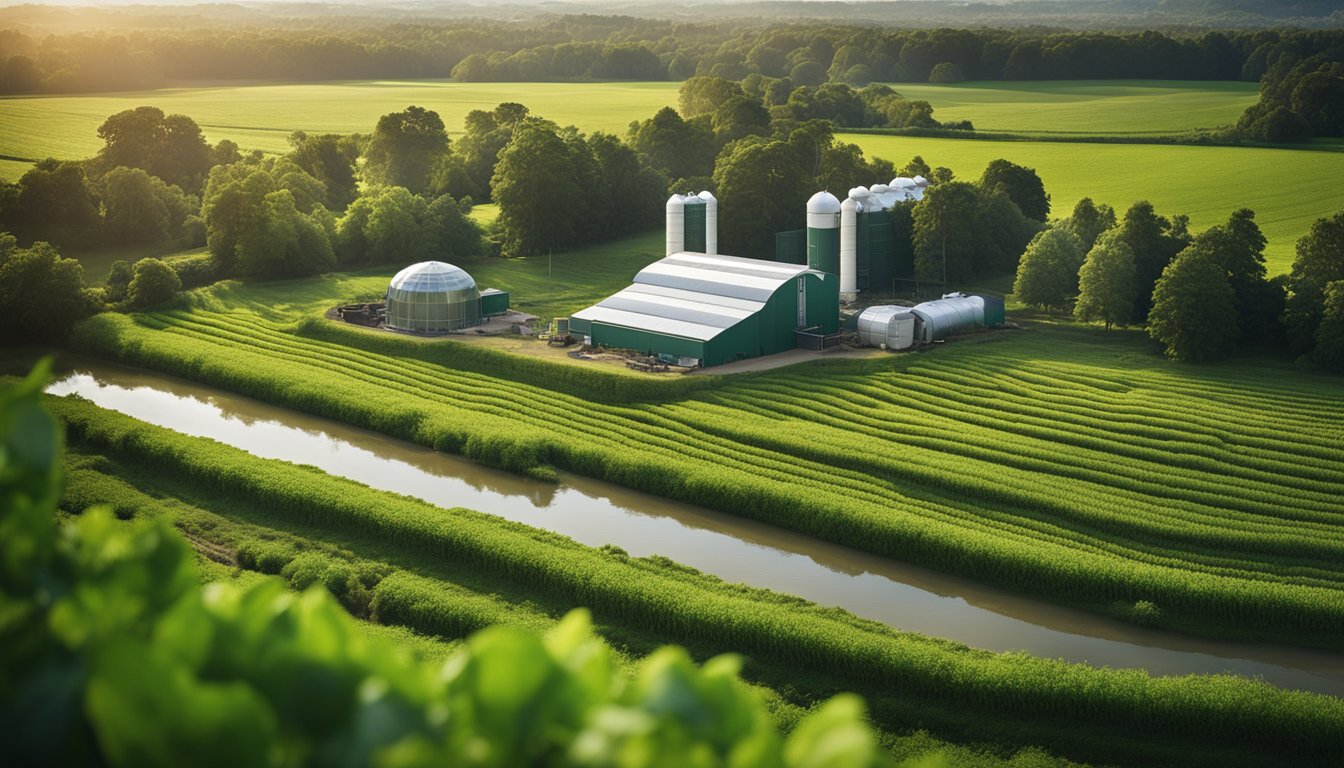
Clean water is crucial for your farm’s success. It affects crop growth, livestock health, and food safety. Let’s explore the key issues you need to know about farm water quality.
Common Contaminants and Their Effects
Water on farms can contain various harmful substances. Bacteria and parasites may make livestock sick. Nitrates from fertilizers can harm young animals and reduce crop yields. Pesticides might build up in water sources over time.
Heavy metals like lead can stunt plant growth. Sediment runoff can clog irrigation systems. Algae blooms caused by excess nutrients may deplete oxygen in water bodies.
To protect your farm, test water regularly. Use proper filtration methods to remove contaminants. This helps ensure healthy crops and animals.
Regulations and Standards
You need to follow certain rules about water quality on your farm. These protect public health and the environment. The National Water Quality Initiative helps farmers improve water quality in key areas.
Local and state agencies set specific standards. They might limit how much you can use or what you can discharge. You may need permits for certain activities.
Regular water testing is often required. Keep good records of your water use and quality. This can help you spot problems early and show you’re following the rules.
Benefits Of Water Filtration Systems
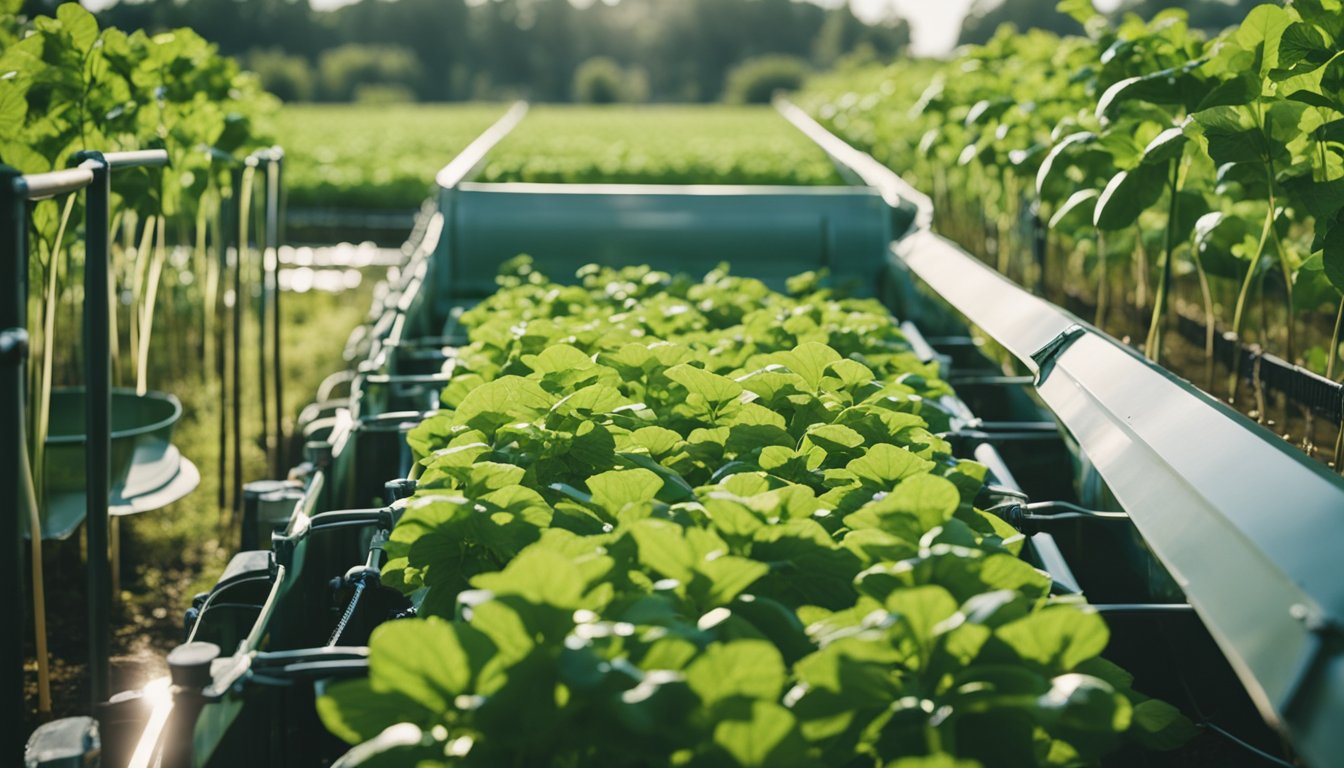
Water filtration systems offer key advantages for farms. They can boost crop yields and keep animals healthier. Let’s look at how these systems help farmers succeed.
Enhanced Crop Production
Water filters remove harmful things from your farm’s water supply. This clean water helps plants grow better. Crops need pure water to take in nutrients from the soil. Filtered water has fewer chemicals that can hurt plant roots.
You’ll see bigger harvests when you use filtered water. Plants grow faster and stronger. They can fight off pests and diseases more easily. Your fruits and veggies will look nicer too. Customers like pretty produce!
Drip systems work great with filtered water. The tiny holes don’t get clogged up. This means water goes right where it needs to. You’ll save money on water bills and get more food from each plant.
Improved Livestock Health
Clean water is super important for your farm animals. Filtered water helps keep cows, pigs, and chickens healthy. Animals drink more when the water tastes good. This helps them grow bigger and faster.
You’ll have fewer vet bills with a good filter system. Animals get sick less often when they drink clean water. Filters take out stuff that can make them ill, like bacteria and parasites.
Milk cows make more milk when they drink filtered water. Chickens lay more eggs too. Your animals will be happier and calmer. Happy animals mean a happy farmer!
Cleaning animal pens is easier with filtered water. The soap works better, and you use less of it. This saves you time and money on farm chores.
Choosing The Right Water Filtration System
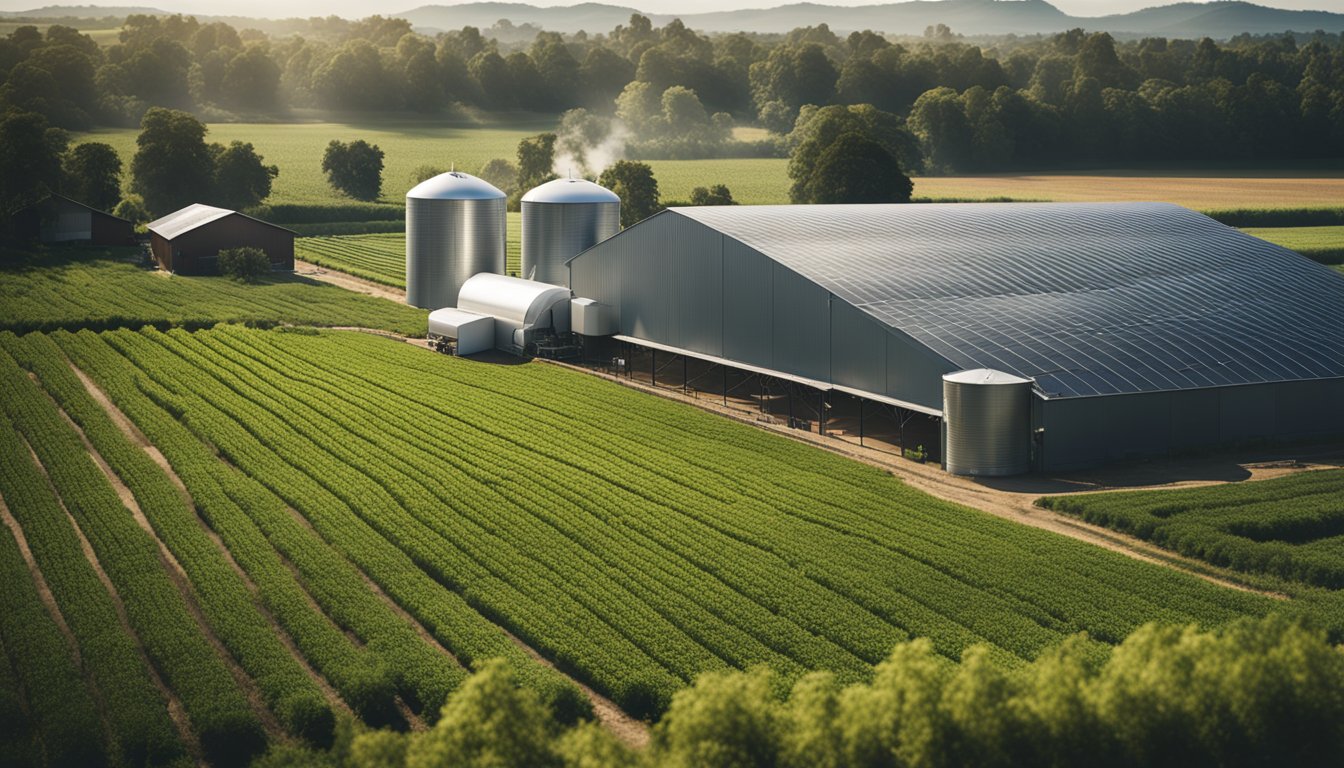
Picking the best water filter for your farm is key. You want clean, safe water for your crops and animals.
There are a few main types to think about:
- Sediment filters
- Carbon filters
- Reverse osmosis systems
- UV filters
Each type has its own strengths. Sediment filters catch dirt and rust. Carbon filters remove bad tastes and smells. Reverse osmosis gets rid of tiny particles. UV filters kill germs.
You’ll need to test your water first. This tells you what’s in it. Then you can pick a filter that targets those things.
Think about how much water you use too. A big farm needs a system that can handle lots of water fast.
Don’t forget about upkeep! Some filters need more care than others. Make sure you can handle the maintenance.
Cost is important, but don’t just go for the cheapest option. A good filter can save you money in the long run.
Remember, clean water is crucial for your farm’s success. Take your time to choose the right system. Your crops and animals will thank you!
